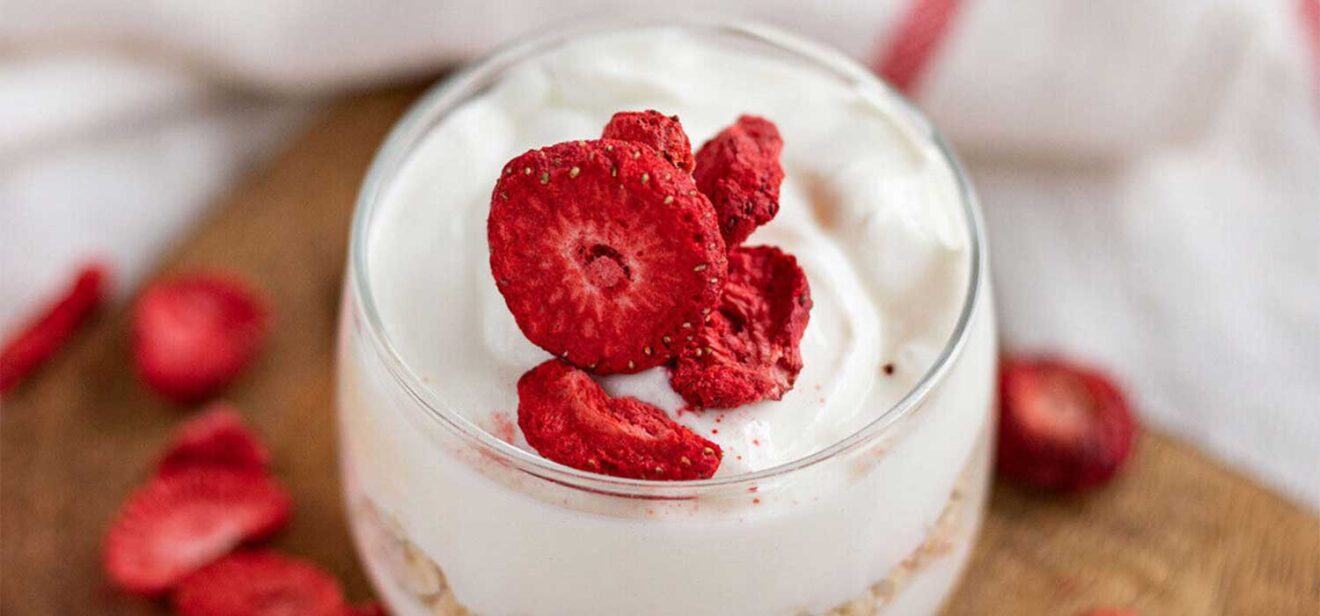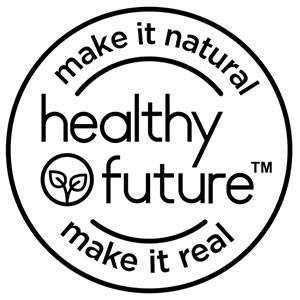
Basic rules of healthy eating
You have heard it a million times – you are what you eat. While it sounds basic and intuitive, it is important to remember that our diet is a key feature of our everyday life, and it influences almost every part of it. So today we would like to share a handful of tips on how to improve your dietary habits and make better, healthier choices in your kitchen.
Healthy eating - where should I start?
A balanced diet is based on two important pillars. First of all, you need to make sure that you have enough energy to support your lifestyle. We usually measure those in calories. You can find out how many calories your food has by reading the label. Essentially, if you consume more calories than you spend, you will put on weight. That is why it is very important to know more about your energy output during the day.
An average man should consume 2500 calories, while a woman needs only 2000, to maintain their weight. You have to remember that it varies drastically between people, and depends on many attributes, including your activity level, age and current weight. But to put it mildly – if you eat less than your recommended daily intake, you should lose weight!
Are nutrients important to my body?
The second important element of a balanced diet (even more important than calories) is to provide our bodies all essential nutrients i.e. minerals, vitamins, antioxidants, phytochemicals, enzymes etc. The best way to do so is to consume a wide variety of healthy food i.e., fruits, vegetables (including sea vegetables like seaweeds), leafy greens and herbs. The best produce is the fresh variety, especially organically grown and eaten straight from the garden or orchard. If these are not available the second-best choice is freeze-dried fruits, herbs and vegetables.
By giving enough space on your plate for vegetables, leafy greens, fruits and herbs, you support your body in the best way, allowing your body to stay in peak performance from the dietary point of view. Of course, you can add to them the food of your choice, for instance, meat, fish, gluten-free grains, nuts or seeds.
Healthy eating – basic tips
Eat small, but don’t skip meals!
Eating smaller meals throughout the day is great dietary advice. Instead of eating a big, heavy lunch that puts the focus of your entire body on digestion, you may opt for several smaller portions. These will help you control your cravings at work, and also allows for better calorie control. A small salad, handful of mixed nuts, a small bowl of granola or freeze-fried fruits are perfect candidates for snacking!
Don’t forget about salt!
Pre-made snacks, fast foods and chips have one thing in common. They usually come loaded with salt and fat! Sodium chloride is one of the biggest problems nowadays, as high amounts of it may lead to high blood pressure, which in return may end in cardiac arrest and/or a stroke. Try cutting down salt by adding less of it to your meals. Also, you can check the labels to find out the amount of sodium in your food.
Keep your water bottle close!
Hydration is another important aspect! There is a heated discussion based on the exact amount, but your safe bet is at least 6 glasses of water each day, ideally with lemon juice. This should be increased during the summer, as we need more water in higher temperatures. Remember that when you feel thirsty, your body is telling you that it needs hydration, so make sure you have your water bottle or a drink on you!
Also, it is basic knowledge, but worth repeating: fizzy drinks are loaded with sugar, which is both horrible for your weight and also devastating to your health! If you crave something tasty and refreshing, you can put a few slices of lemon or lime, fresh mint, strawberries or raspberries in your water – the refreshing taste will surely help you during the long days.
What about fish?
The Mediterranean and Japanese cuisine are considered to be the healthiest in the world, and a lot of that is connected to abundant seafood in these areas. Fish are especially beneficial, as they are rich in minerals and nutrients, as well as omega-3 fatty acids. They help lower cholesterol levels, enhance your mental abilities and allow for younger brains to grow – that is why they are especially beneficial for children.
On the other hand, fish are contaminated by heavy metals (especially mercury) as the water they live in is polluted with the metals. Also, canned fish are usually brined, which means tons of added salt. Be careful about the frequency of consuming fish, form and origin – they say the best are salmon, trout, sardines – the wild-caught ones.
Carbohydrates – are they all that bad?
Actually, this is more complicated. Yes, high sugar intake is bad for you, but not all carbohydrates are created equally. If you stick to starchy ones, like potatoes, gluten-free grains (e.g. millet, quinoa or brown rice), you should be fine. Thanks to the high amounts of fibre in them, as well as low sucrose level, they are much better health-wise.
Finally, one last tip – cut down the additional fats, especially while eating carbohydrates! Less butter on bread or less very rich, creamy sauces added to your pasta means fewer calories consumed and easier digestion of carbohydrates. Moreover, avoiding fatty and salty seasonings, you will also start experimenting with more healthy toppings, like herbs or pure spices!
Individual approach
Everyone is unique so individual approach is very important in health nutrition. Although we look similar and have the same organs, our bodies may have different needs. In the chaos of information available nowadays regarding ‘how to eat healthy’, try to immerse yourself within your inner space and listen to what your body needs.
Just remember about essential nutrients coming from fruits, vegetables, leafy greens and herbs, and don’t be fooled by a burger or pizza cravings – it is definitely not what your body truly needs!
Guilt-free food for taste!
100% natural, raw, vegan and real food!


100% real food

Gluten free

No sugar added

GMO free
Guilt-free food for taste!
100% natural, raw, vegan and real food!


100% real food

Gluten free

No sugar added


